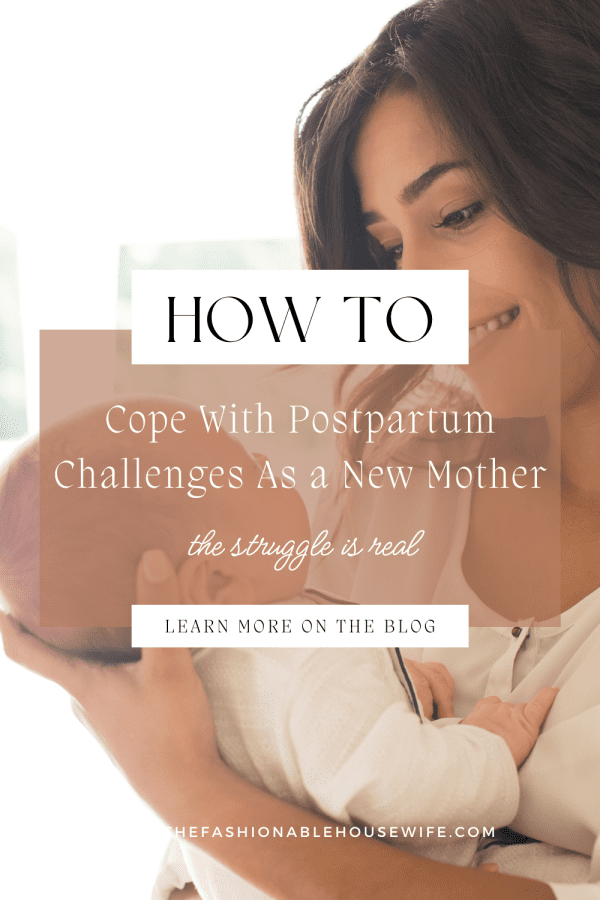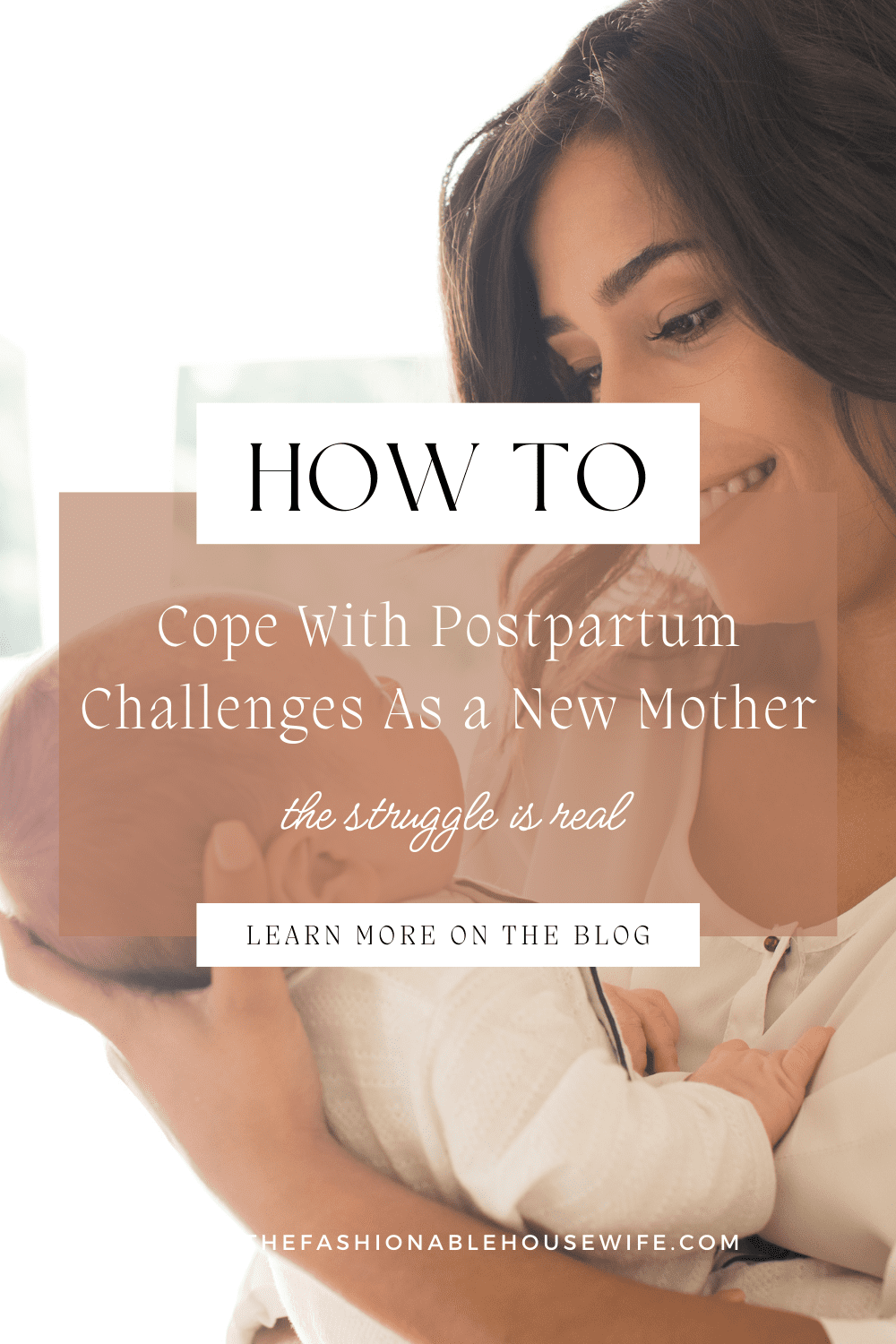How to Cope With Postpartum Challenges As a New Mother

Pregnancy and childbirth are exciting experiences for parents, especially mothers. However, as friends and family celebrate the birth of a newborn, they’re often blind to the challenges new mothers endure, or they even trivialize and overlook them.
Mothers face many challenges, from simple to severe, like baby blues, postpartum depression, or birth injury trauma. This article highlights some common challenges mothers endure and how they can cope.
Handling Baby Blues
Baby blues or postpartum blues are temporary feelings of depression and serious mood swings experienced by mothers within two to three days after childbirth. Baby blues usually last a few days but may extend up to two weeks for some mothers.
All new mothers are susceptible to baby blues, but the intensity and duration vary. Generally, postpartum blues disappear on their own within two weeks. They are often caused by hormonal imbalance after childbirth and disappear when the hormones level out in mothers. You can manage baby blues by:
- Eating healthy food
- Getting sufficient rest and sleep
- Interacting with others
- Enjoying a hobby
Managing postpartum blues is important because it is a risk factor for postpartum depression, which is more severe. Look out for the symptoms and get help from your spouse and family to overcome the blues.

Managing Postpartum Depression
Mothers may experience postpartum depression after childbirth, caused by the many changes experienced after childbirth. Postpartum depression is not a condition caused only by the childbirth process but by the changes that accompany their new status as mothers. That is why adoptive and surrogate mothers also experience it.
Postpartum depression is more intense and severe than baby blues and persists for longer. Unlike postpartum blues, this depression does not disappear on its own. You must take active steps to manage and treat postpartum depression.
You can manage this depression and feel better postpartum by practicing relaxation techniques like mindful meditation and deep breathing. In addition, prioritize self-care and get support from family and friends. For persistent and more severe cases, you can adopt the following treatment options:
Therapeutic Treatment
Cognitive behavioral therapy (CBT) is a popular and effective treatment option for postpartum depression. It helps you to identify and challenge negative thought patterns and refine them to improve your mood and behavior.
Medical Treatment
You can also explore medical treatment for severe postpartum depression. Your doctor may prescribe antidepressants to balance your brain chemistry and improve your mood.
Coping With Birth Injuries
Beyond mental disorders, some new mothers may endure physical and emotional challenges due to birth complications and injury due to natural forces or medical malpractice.
Some of these injuries, such as uterine rupture and virgina tearing, affect mothers. Others, like nerve damage and cerebral palsy, affect the babies, causing birth trauma. Whether the mother or baby gets injured, it usually causes great pain and emotional distress to mothers.
You can cope with birth injuries by getting medical treatment, seeking support from family or friends. Other mothers find it comforting to seek justice and compensation for birth injuries due to medical negligence.
Endnote
Mothers face many physical and emotional challenges after childbirth, from simple baby blues to postpartum depression, birth injury, and trauma. Depending on your challenge, you can cope with medical treatment, therapy, self-care, and support from family and friends.

